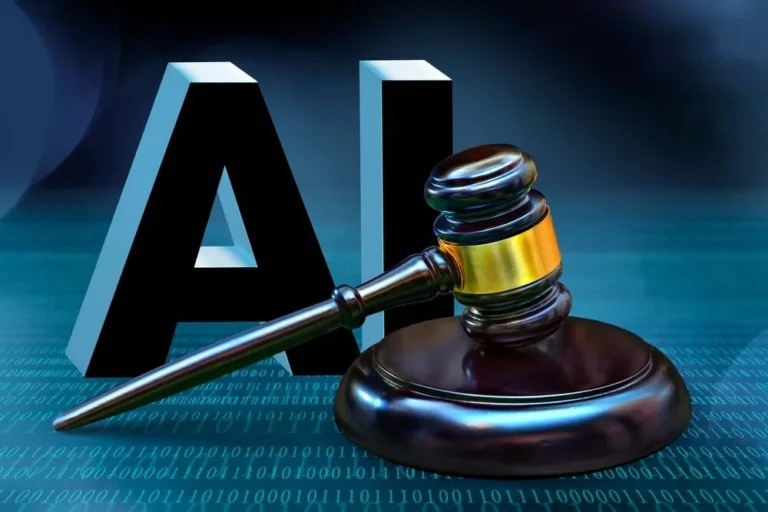
A German court ruled last week that AI generated inventions can be patented as long as a human is listed as an inventor.
While the case clarifies the situation in Germany, it arguably further muddies the international debate about who owns AI generated tech related inventions as well as the precise status of code rattled off by a machine, rather than a human.
The case was pushed by the Artificial Inventor Project, which has initiated a series of pro bono legal test cases seeking intellectual property rights for AI-generated output in the absence of a traditional human inventor or author.
The project’s aim is to stimulate dialogue about the impact of AI and similar technologies and produce guidance on just how protectable AI output can be.
In last week’s case, the Bundesgerichtshof, Germany’s highest civil court, ruled that a lunchbox design produced by an AI system called DABUS could be patented. The human applicant, the scientist who owns DABUS – was listed as the inventor, but the application made clear the product was conceived by the AI.
Ryan Abbott, professor of law and health sciences at Surrey University, and one member of the Artificial Inventor project, said in a statement, the ruling “confirmed that an AI generated invention is protectable and that a natural person can be named as an inventor, even if AI has been used to generate the invention.”
Software code is generally covered by copyright law effectively as a literary work rather than patent law.
Yet speaking to DevClass, Prof Abbott said: “One of the questions around the world is, can you copyright AI generated output? And in the UK, the answer is yes. And in the US, the answer is no.”
As for Europe, he continued, “The consensus seems to be probably not traditionally, with copyright law.”
But, he added that AI can be used to develop AI architectures. “If you’re having AI develop new AI systems, this makes those systems potentially patentable in Germany and not in the UK.” And this might be “instructive for the copyright question.”
Abbott said the US had already held that AI outputs are not patentable. “But I think Congress is now concerned about that holding and is looking at changing the law because they don’t want to fall behind in AI development.” Developments like those in Germany could prompt the US to move more quickly to reset its position, he said.
While the German case focused on a lunchbox, there were far bigger things at stake, he said. One issue was to ensure transparency about exactly how an invention was produced, and to establish that AI generated output was protectable.
“You want people using AI to make new drugs or optimize industrial components, because we get useful stuff from that. It’s really not about motivating individuals in their basement, it’s about motivating, economic enterprises, and having people making use of AI.”
The German ruling might bring some clarity about AI output, but it doesn’t resolve ongoing issues about AI inputs.
A US court last week largely rejected claims by developers that GitHub Copilot was unlawfully copying their code, and in effect, providing it for use by other programmers.
Richard Hynes, cofounder of transformation software vendor ManagementStudio, said, “I think that ChatGTP / AI is the greatest copyright and IP theft the world has ever seen and that the next few years of AI will be dominated by lawsuits establishing if how OpenAI and others acquired their training data was illegal (it absolutely was).”
